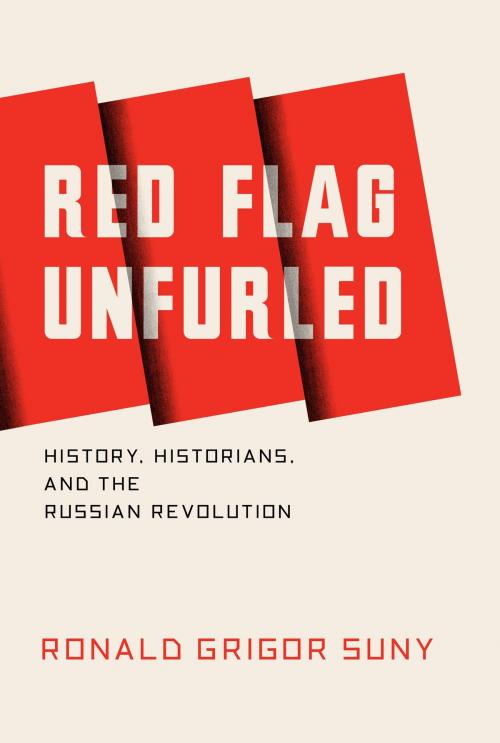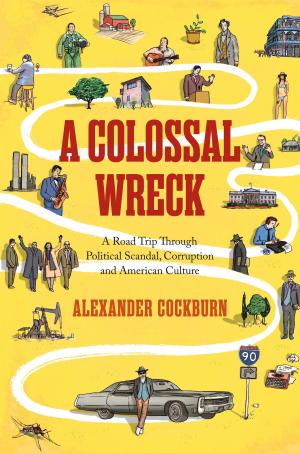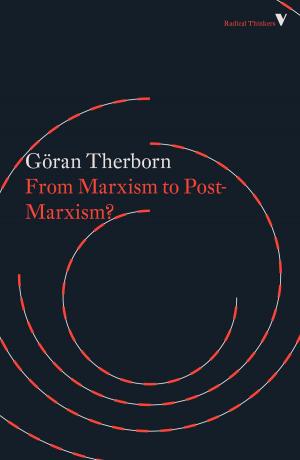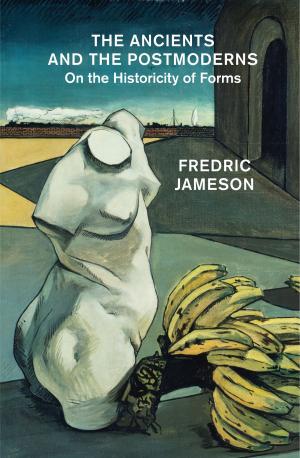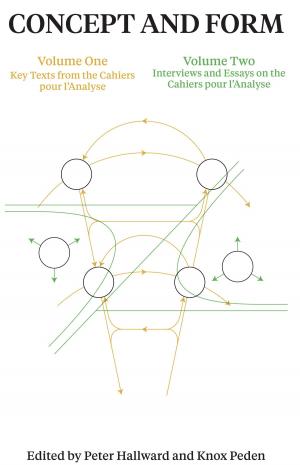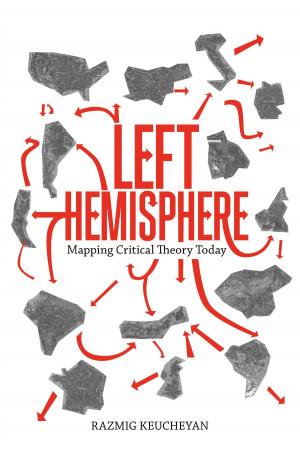Red Flag Unfurled
History, Historians, and the Russian Revolution
Nonfiction, Social & Cultural Studies, Political Science, Government, Communism & Socialism, History, Asian, Russia, Politics, History & Theory| Author: | Ronald Suny | ISBN: | 9781784785673 |
| Publisher: | Verso Books | Publication: | November 14, 2017 |
| Imprint: | Verso | Language: | English |
| Author: | Ronald Suny |
| ISBN: | 9781784785673 |
| Publisher: | Verso Books |
| Publication: | November 14, 2017 |
| Imprint: | Verso |
| Language: | English |
Reconsidering the Russian Revolution a century later
Reflecting on the fate of the Russian Revolution one hundred years after the October Uprising, Ronald Grigor Suny—one of the world’s leading historians of the period—explores how scholars and political scientists have tried to understand this historic upheaval, the civil war that followed, and the extraordinary intrusion of ordinary people onto the world stage. Suny provides an assessment of the choices made in the revolutionary years by Soviet leaders—the achievements, costs, and losses that continue to weigh on us today.
A quarter century after the disintegration of the USSR, the revolution is usually told as a story of failure. However, Suny reevaluates its radical democratic ambitions, its missed opportunities, victories, and the colossal agonies of trying to build a kind of “socialism” in the inhospitable, isolated environment of peasant Russia. He ponders what lessons 1917 provides for Marxists and anyone looking for alternatives to capitalism and bourgeois democracy.
Reconsidering the Russian Revolution a century later
Reflecting on the fate of the Russian Revolution one hundred years after the October Uprising, Ronald Grigor Suny—one of the world’s leading historians of the period—explores how scholars and political scientists have tried to understand this historic upheaval, the civil war that followed, and the extraordinary intrusion of ordinary people onto the world stage. Suny provides an assessment of the choices made in the revolutionary years by Soviet leaders—the achievements, costs, and losses that continue to weigh on us today.
A quarter century after the disintegration of the USSR, the revolution is usually told as a story of failure. However, Suny reevaluates its radical democratic ambitions, its missed opportunities, victories, and the colossal agonies of trying to build a kind of “socialism” in the inhospitable, isolated environment of peasant Russia. He ponders what lessons 1917 provides for Marxists and anyone looking for alternatives to capitalism and bourgeois democracy.
